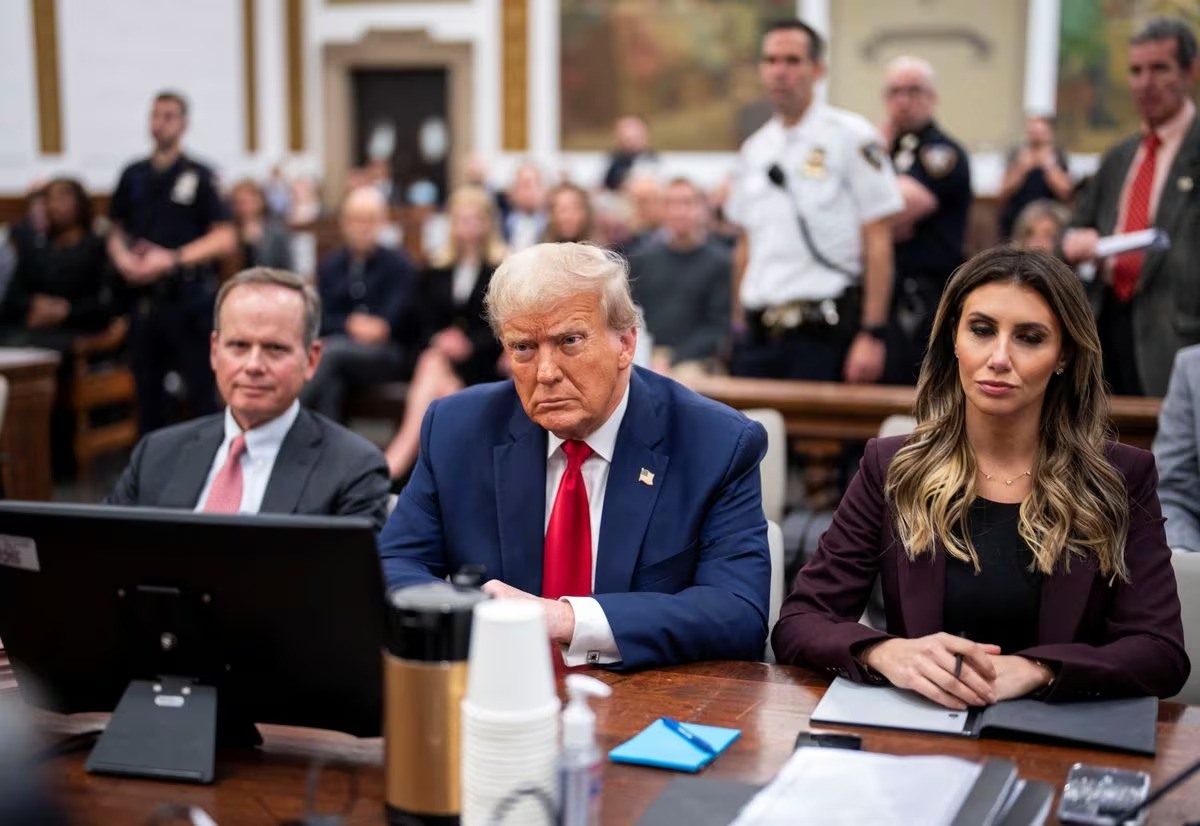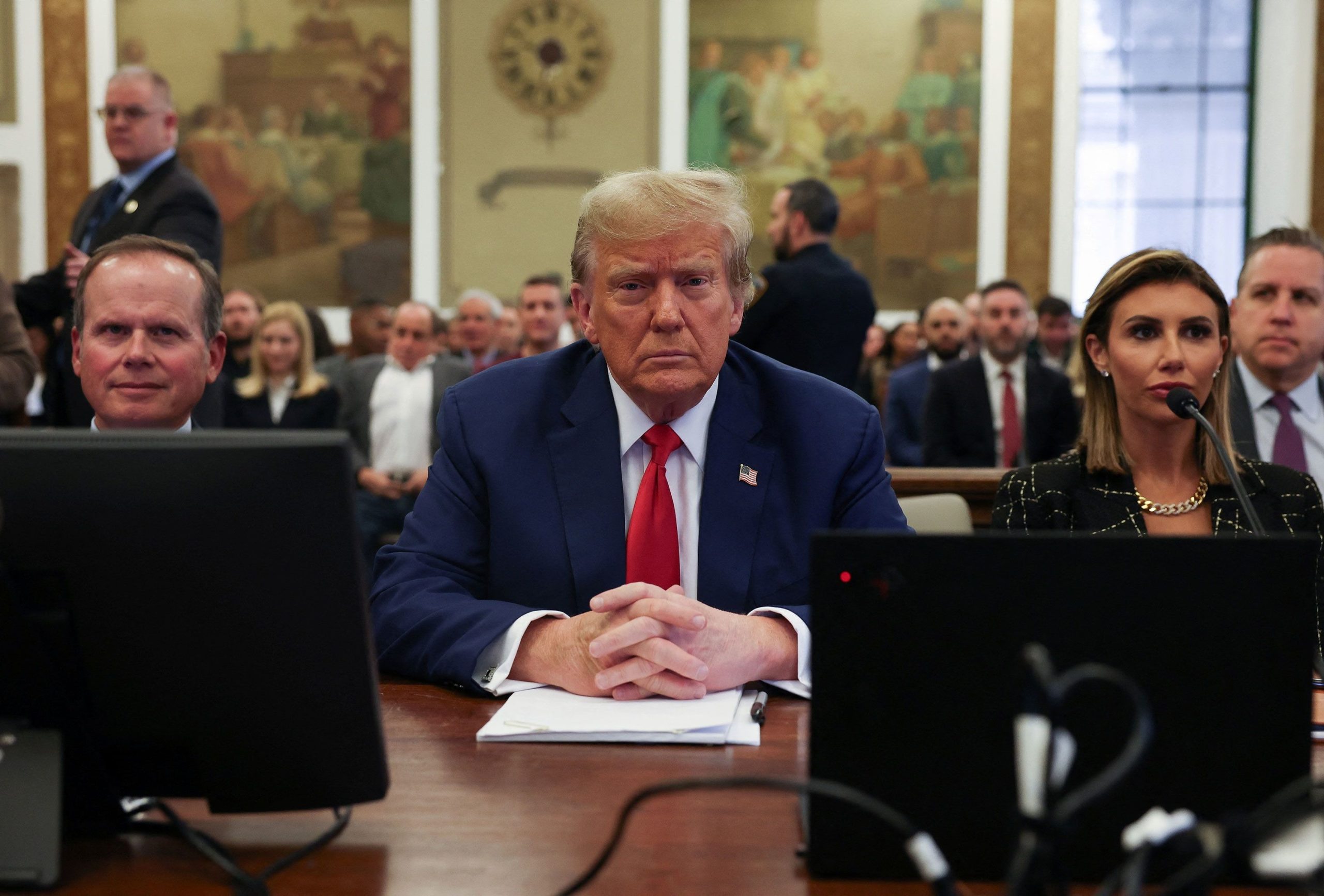A judge has postponed ruling on whether Donald Trump should pay a $370 million fine and face a lifetime ban from New York’s real estate industry in his fraud trial. The trial, brought by the New York attorney general’s office, alleges that Trump inflated the value of his assets on government financial statements.
The lawsuit also names Trump’s adult sons, Donald Trump Jr. and Eric Trump, along with two former Trump Organization executives, Allen Weisselberg and Jeff McConney, as defendants.
Prosecutors initially sought $250 million in disgorgement, but in their closing arguments, they increased the amount to $370 million, representing the wrongfully profited amount due to Trump’s alleged manipulation of his net worth.

Donald Trump (Credits: Reuters)
Prosecutors are requesting a ban on Trump from the New York real estate industry, citing a similar punishment imposed on Martin Shkreli, known as “pharma bro,” for price-gouging a life-saving drug.
Judge Arthur Engoron, who is presiding over the case, had previously ordered the cancellation of Trump’s business licenses in a pre-trial ruling. Trump has denied any wrongdoing and has appealed the ruling.
Engoron was expected to release his ruling at the end of January but was delayed by two developments. First, a letter from former judge Barbara Jones, the court-appointed monitor overseeing the Trump Organization’s financial reporting, highlighted discrepancies and errors in the company’s financial disclosures.
Jones specifically mentioned a $48 million personal loan Trump received in 2012, which was reported as a liability but could not be verified.
The second development involved Weisselberg, the former Trump executive, who was reportedly in talks with the Manhattan district attorney’s office for a plea deal in a separate trial.
Weisselberg’s potential plea deal, aimed at avoiding being called as a witness in Trump’s hush-money trial scheduled for March 25, further delayed Engoron’s ruling.























